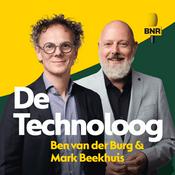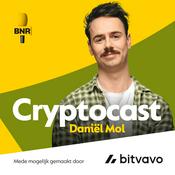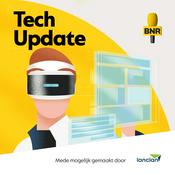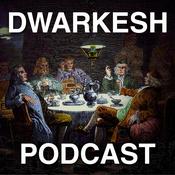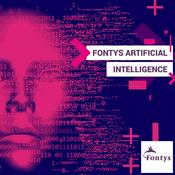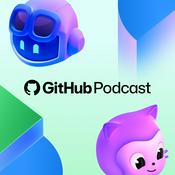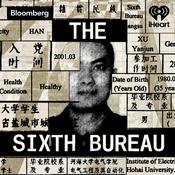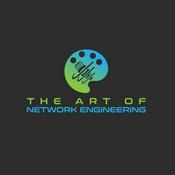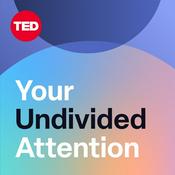146 afleveringen
- When your project has the same thing done three different ways, how do you bring everything up to date with a consistent approach?
In the latest episode of the No Compromises podcast, we discuss different strategies for tackling upgrades when parts of your codebase are multiple versions behind.
We walk through two main approaches and weigh the tradeoffs for both the developer doing the work and the person reviewing it.
(00:00) - Setting up the upgrade scenario
(02:15) - Approach one: upgrade each area to current
(04:00) - Why the reviewer's experience matters too
(07:30) - A third approach neither one expected
(09:00) - Silly bit
Want help upgrading your Laravel project? - Ever feel the urge to write out calculations in your code to make them "self-documenting"?
In the latest episode of the No Compromises podcast, we discuss why inline math in configuration values is a habit worth breaking.
Aaron argues that if a value never changes, there's no reason to calculate it every time. A well-placed comment can explain how you got the number without the unnecessary overhead.
We also cover how comments can clarify units like seconds versus milliseconds, why this thinking applies beyond config files, and how questioning small habits can improve your code overall.
(00:00) - How many seconds is five minutes?
(01:45) - The problem with inline config math
(03:45) - Using comments instead of runtime calculations
(05:30) - Why questioning habits improves code
(07:00) - Silly bit
Want a second set of eyes on your Laravel project? - Found a cool package on Laravel News? But how do you know if it's actually worth installing?
In the latest episode of the No Compromises podcast, we discuss what we look for when evaluating third-party packages before bringing them into a project.
Aaron makes the case that what he finds in the tests folder is essentially a deal-breaker: no tests means no trust, but leaving default example tests behind is somehow even worse. Tests reveal whether the maintainer thought through edge cases and serve as living documentation when the README falls short.
We also cover the other signals we weigh: GitHub stars, download counts, issue responsiveness, and how quickly maintainers keep up with new Laravel versions.
(00:00) - Evaluating packages you stumble across
(01:30) - Why leftover example tests frustrate Aaron
(03:45) - Tests as documentation and edge case proof
(05:00) - Checking issues and Laravel version history
(08:00) - Silly bit
Want to work with us on your project? - Have you ever built a strong case for something, only to realize later you were solving the wrong problem?
In the latest episode of the No Compromises podcast, we discuss Aaron's surprising reversal on down migrations, a topic we've publicly discussed on this podcast.
We walk through the original arguments for writing down migrations and deconstruct each one.
(00:00) - The original case for down migrations
(03:45) - Aaron changes his stance
(05:15) - Why seeders beat rollbacks for local dev
(10:30) - Rethinking the production rollback scenario
(14:45) - Silly bit
Keep your knowledge fresh, check out Mastering Laravel. - Ever catch yourself second-guessing decisions you were confident about just months ago? Does that mean you're getting worse at your job?
In the latest episode of the No Compromises podcast, we explore why senior developers often feel "wrong" more frequently than they did earlier in their careers.
Aaron makes the case that this isn't a sign of declining skill—it's evidence of a richer mental model that reveals nuance where things once seemed black and white.
We discuss how feedback sources shift with experience, why changing your mind signals growth rather than failure, and how to reframe architectural decisions as a spectrum rather than binary choices.
(00:00) - Feeling wrong more often as a senior dev
(01:45) - Knowledge plateaus and how growth resets them
(04:45) - How feedback sources change with experience
(07:00) - Binary thinking versus nuanced decision-making
(09:15) - Silly bit
Want two Laravel experts to review your code?
Meer Technologie podcasts
Trending Technologie -podcasts
Over No Compromises
Two seasoned salty programming veterans talk best practices based on years of working with Laravel SaaS teams.
Podcast websiteLuister naar No Compromises, Acquired en vele andere podcasts van over de hele wereld met de radio.net-app
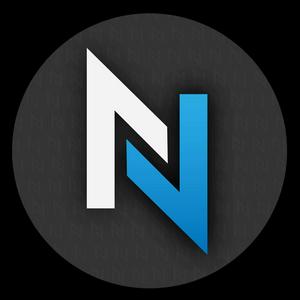
Ontvang de gratis radio.net app
- Zenders en podcasts om te bookmarken
- Streamen via Wi-Fi of Bluetooth
- Ondersteunt Carplay & Android Auto
- Veel andere app-functies
Ontvang de gratis radio.net app
- Zenders en podcasts om te bookmarken
- Streamen via Wi-Fi of Bluetooth
- Ondersteunt Carplay & Android Auto
- Veel andere app-functies


No Compromises
Scan de code,
download de app,
luisteren.
download de app,
luisteren.




